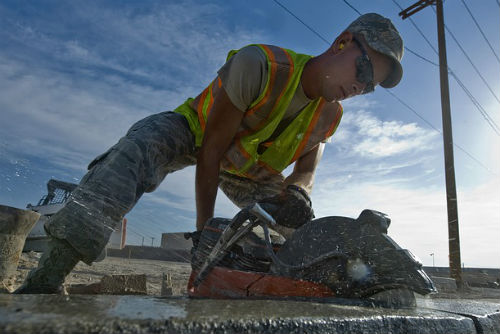Last year, a 32-year-old Uber driver in Los Angeles named Omar had a terrifying experience while working a late-night shift. Around 2:30 a.m., two passengers refused to leave his car at the Hollywood Tower apartments.
An argument broke out, and Omar says one of the riders struck him with a shiny object, breaking his jaw and landing him in the hospital for a week.
Unfortunately, Omar is not alone. Thousands of ride-sharing drivers across the U.S. face real on-the-job risks. In Boston, an off-duty police officer assaulted his Uber driver, yelled racial slurs, and stole his car. In Los Angeles, a taxi driver stabbed a driver in the face and neck. In San Francisco, a Lyft passenger broke a driver’s nose last May.
Omar ended up with two damaged teeth, surgery, and mounting medical bills. His only source of income is driving for Uber, but as an independent contractor, he is not entitled to workers’ compensation.
Workers’ comp is designed to pay for work-related injuries and lost wages, but it mostly covers employees, not contractors. To make matters worse, Omar did not have personal health insurance.
Independent Contractors and the Sharing Economy
Independent contractors, like most ride-sharing drivers, enjoy freedom, they set their own hours, choose their clients, and control how they work.
But that freedom comes with a trade-off: if they are injured while working, they are largely on their own. Many gig economy workers may not fully realize the stakes.
Omar had reason to hope Uber might help. Traditional taxi drivers face violent work environments and often carry workers’ compensation insurance. According to federal statistics, taxi drivers are 21 to 33 times more likely to be killed on the job than other workers.
Even with ride-sharing apps reducing cash handling, night work, working alone, and dealing with intoxicated passengers remain serious risks.
Some companies avoid offering workers’ compensation to independent contractors because it might make them look like employees in a legal sense.
But many attorneys argue this isn’t a major factor. Courts generally consider how much control a company has over a worker, not whether it provides insurance.
Could Workers’ Compensation Protect Sharing-Economy Workers?
Workers’ compensation could actually help companies and drivers if structured correctly. The company covers on-the-job injuries, while the worker gives up the right to sue. Without it, damages in a lawsuit could be unlimited.
For example, if Omar could show that Uber knowingly assigned him a violent passenger, he could sue for far more than workers’ comp would pay.
At the same time, traditional workers’ comp doesn’t fit well with independent contractors. It covers lost wages, but what if a driver sets their own hours or works for multiple platforms? How do you calculate income for someone like an Airbnb host or a driver who works sporadically?
Some sharing-economy platforms are starting to offer alternative protections. Peers, a sharing-economy marketplace, recently launched Airbnb insurance that includes lost-wages coverage. Experts believe that work and benefits will eventually decouple, just as pensions did in previous generations.
What This Means for Gig Workers
If you drive for Uber, Lyft, or any other ride-sharing platform, it’s important to understand that workers’ compensation protections are limited. Injuries on the job can leave you with medical bills and lost income. Knowing your rights, having insurance coverage, and consulting with an attorney can make a huge difference in protecting yourself after an on-the-job injury.
As a Columbus workers’ comp attorney, I’ve helped many Ohio workers secure benefits after workplace injuries, and I can guide gig economy workers who are injured while working. If you’ve been hurt on the job, don’t wait to get legal advice.











